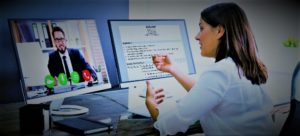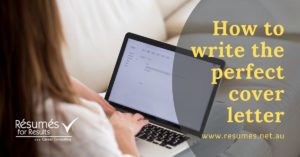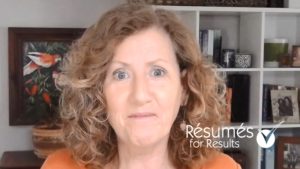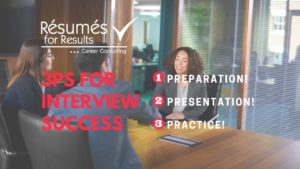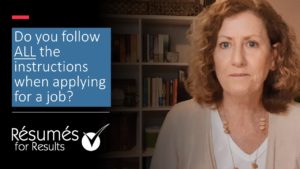For a lot of people, interviews can be quite challenging. We worry about the outcome, we worry about what they will think of us, we worry about whether we will answer the questions correctly. Instead of worrying about things you can’t change, why not start polishing up a skill that will help you get better results in an interview or other interpersonal situation? Yes, it’s the skill of reading body language.
How are you doing in your interview? Keep your eyes on your interviewers and watch them closely – but not too closely, of course. The best way to assess these people is by trusting your gut instinct and combining that with some basic skills in reading body language. You will often learn more about someone by what they are not saying than by what they are.
Some things to look out for are:
- Meeting. How did they greet you? Was eye contact made and a welcoming smile given or was it quite terse and rushed?
- Posture. How are they sitting in front of you? Are they quite relaxed in a friendly manner or are they sitting quite stiffly with arms crossed and looking like they would rather be any place other than in this interview?
- Eye contact. Have they been looking at you or something else?
- Body movement. Are they sitting fairly still, starting to wiggle in their chairs or fiddle with pens and paper?
- Smile. Is it real or one of those strange grimaces we use when we pose for photos we don’t want to be in?
You probably already notice most of these cues, but the information goes straight into your subconscious where it prickles you with discomfort. By learning to pay attention to the signals – to read the body language playing out in front of you, you can take control of the situation.
Before we go on, it’s important to remind you that you can’t take one single cue and base your reactions on that. For example, you notice your interviewer wriggling around in his chair, so you conclude that he’s bored or not interested in what you have to offer. So you give up and end the interview quickly.
Meanwhile, the interviewer could have been thinking, “What a great candidate this is but I wish the interview would end because I really need to go to the toilet!”
Reading body language is all about reading a range of cues together. Wriggling, yawning and lots of pen clicking are all signs that the interviewer is bored and distracted. Now that’s when I’d think of ending the interview, or changing up a gear in my presentation!
As a tip, we suggest that you pay close attention to the interviewers in the first few moments of the interview. That’s when they are most likely to display their typical body language, so it gives you a benchmark to measure against later in the interview. You will start to notice small changes in posture or eye contact, and those are your signals to work with.
There are many queues that you can look for to read body language, and it is worthwhile taking the time to do some research so that you can look at not only interviews but meetings of any kind, with a new approach.
One of the best ways to practice reading body language is to observe the people around you every day and watch how they interact with others. Coffee shops are a great place to people-watch!
Once you can confidently read the body language of the interviewer or panel, you will know what they like (do more of it) and what they don’t. Isn’t that a great way to get better results?
Do you need assistant with your next job interview? Contact our professional Interview Coaches to discuss how we can assist you to prepare for your interview. Call us TODAY on 1800 155 895 or send us an email to find out more.
We also provide and specialise in professional resume writing, cover letter writing, selection criteria writing, LinkedIn profile writing, career coaching and job search advice.
We offer services across Australia, including all capital cities and regional areas. Our Professional Resume Writers and Career Consultants bring years of experience to the table, with a full range of career services available. We are here to help you to succeed!

